Burying My Dead
❦
Recipient 2019 IPPY Bronze Award for Regional Fiction
Selected by the Library Writers Project
It is Halloween. The crowd that gathered for the Tour of Untimely Departures has dispersed. But reporter Murphy Gardiner finds herself returning to the pioneer cemetery, chasing a runaway cat. There she meets Anji Lee, a native Oregonian of Chinese descent who is fulfilling an old family tradition to lay three white roses upon the grave of Simeon Small, paying homage to this unknown man who is revered like an ancestor. Murphy is intrigued by the mystery. Before long, she embarks upon a yearlong adventure that takes the reader on an absorbing ride – from contemporary genealogical research to Portland’s early years as a growing town.
It’s odd that men feel they must protect women, since for the most part, they must be protected from men.
Abigail Scott Duniway
At the book’s historic heart are three characters struggling for a measure of freedom. Born in Pennsylvania with a name ripe for ridicule and a body to match, Simeon Small is sexton at East Portland’s Lone Fir cemetery, making daily visits to the nearby Asylum to see his wife. Emerson Asher is an aspiring writer and suffragist, finding her way in the world despite loss and hardship. Sold by her parents in Guangdong, Zhou Zhen is an innocent fighting to maintain her inner dignity on the streets of Portland’s Chinatown. Their lives collide in unconventional ways, hidden from future generations.
Their story is an intricate puzzle rich in historic detail, but at its core, it is a tale of human connection.














